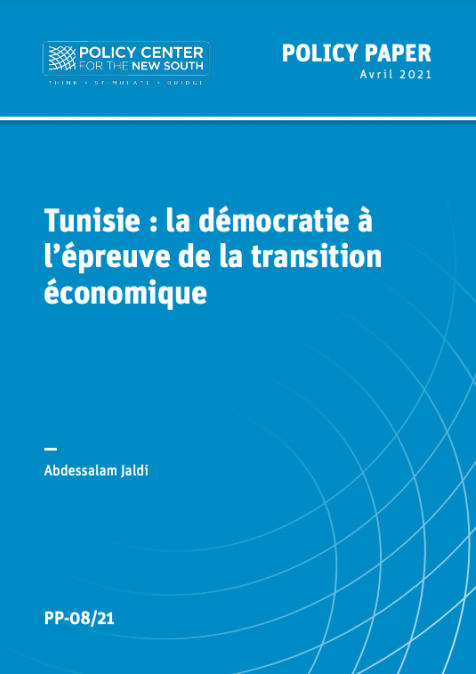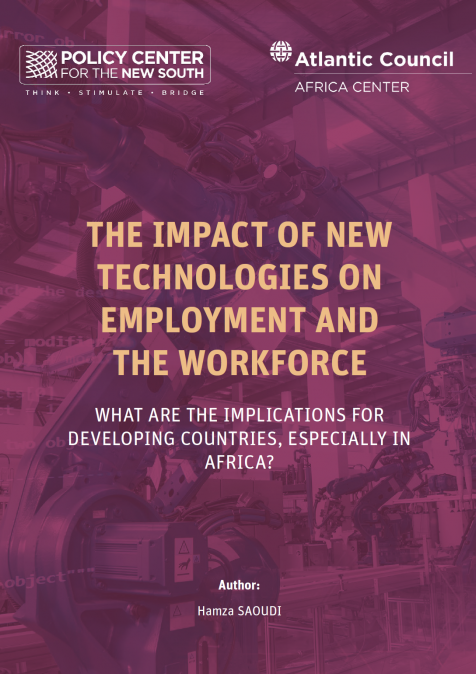Publications /
Book / Report
This report was originally published on openknowledge.worldbank.org
The long-standing informality debate in the Middle East and North Africa (MENA) Region has taken on a new urgency as it looks for a pathway to more socially inclusive growth that is less reliant on fossil fuels. This is occurring against a backdrop of subpar labor market outcomes, further growth setbacks, and deteriorating fiscal and current account de ficits in the aftermath of the COVID-19 pandemic—and in the wake of high in flation and supply chain disruptions triggered by the Russian Federation–Ukraine war. "Informality and Inclusive Growth in the Middle East and North Africa" aims to better understand the characteristics and incentive structure that have led to the prevalence of informal employment in three MENA countries—the Arab Republic of Egypt, Morocco, and Tunisia. The report breaks new ground by adopting a comprehensive perspective to focus on the features of, and interrelationships among, different aspects of these countries’ institutional landscapes to make sense of the complex incentive structure that workers and firms face when deciding between formal and informal options. Specifically, the report groups these issues in three broad realms:(1) entrepreneur-worker relations, (2) taxes and transfers, and (3) market conditions.
“This report is an extremely welcome addition to the literature on MENA labor markets. By analyzing the incentive structure and institutional factors that have led to the prevalence of informal employment in Egypt, Morocco, and Tunisia, it points the way to policy actions that can be taken to reduce informality and increase social protection for workers. It is a must-read for anyone who cares about greater economic inclusion in MENA.” Ragui Assaad, Professor, Hubert H. Humphrey School of Public Affairs, University of Minnesota
“A compelling account of the implications of informality in the workforce and how economies of MENA can design appropriate policy responses. This timely report comes amid multiple social reforms in MENA and is a must-read for policy practitioners and economists in the region.” Karim El Aynaoui, Executive President, Policy Center for the New South
“This report is particularly timely given the negative impact the COVID-19 pandemic and subsequent crises have had on living standards and poverty rates around the world and especially in MENA countries. While the focus on boosting growth and achieving the Sustainable Development Goals has revolved around financing, the report sheds new light on the bene fits that tackling informality through institutional, regulatory, and policy changes could present to achieving these goals.” Mahmoud Mohieldin, Executive Director, International Monetary Fund.








